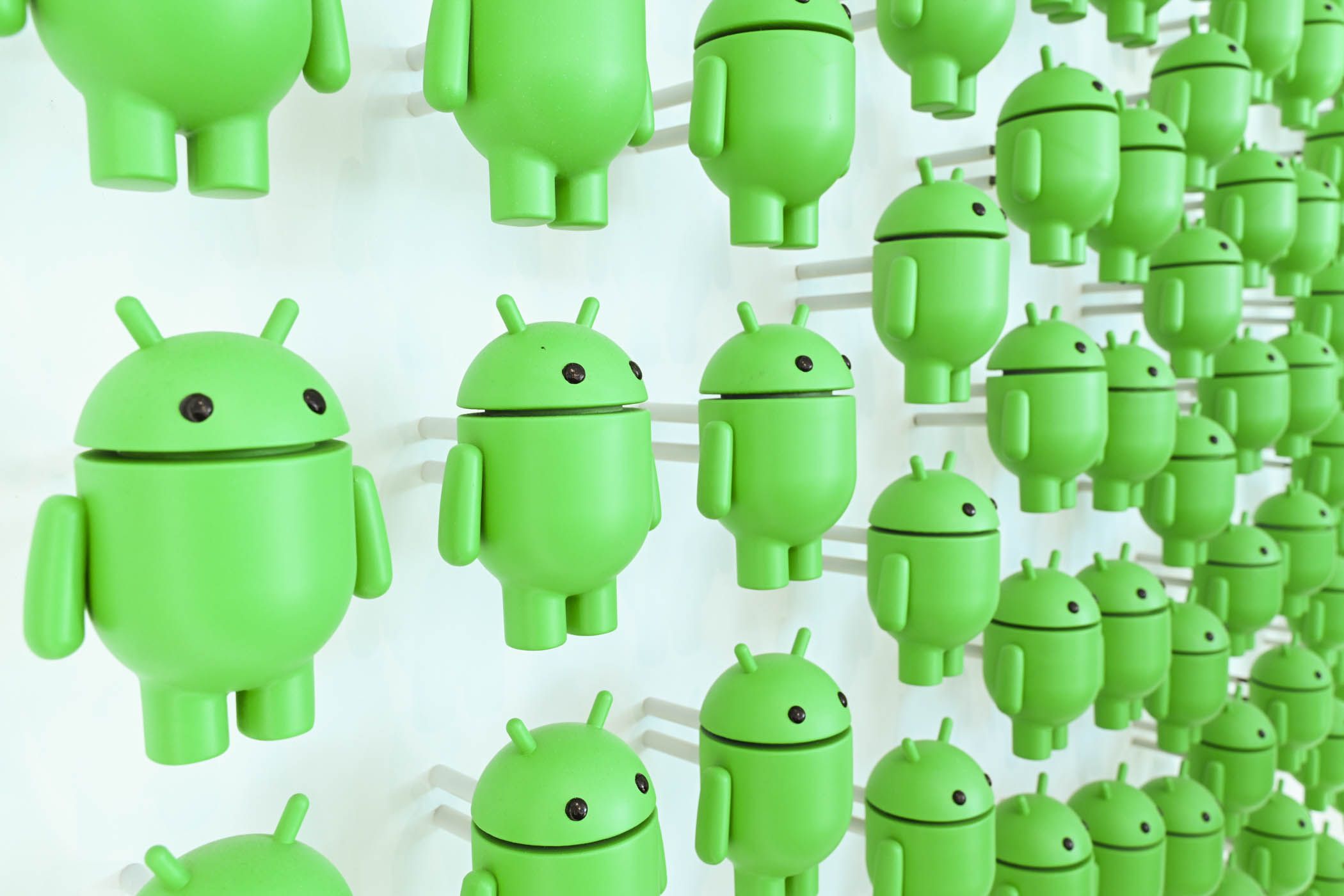The United States Department of Justice (DOJ) recently won a lawsuit against Google for anticompetitive practices, and now the US is deciding how to fix the problem. Some of the solutions could involve splitting Android or Chrome from Google, and Google is extremely mad.
The DOJ just announced its recommendations for Google’s search engine business, which “would prevent Google from using products such as Chrome, Play, and Android to advantage Google search and Google search-related products and features.” Some of the possible options are similar to what the European Union already requires from Google, as part of the Digital Markets Act (DMA), such as browser choice and/or search choice screens on Android devices.
Most importantly, Google could also be ordered to split off Android and/or the Chrome web browser, potentially as new independent companies or selling them to a competitor. The court filing doesn’t explicitly mention that possibility, but Google said it was “concerned the DOJ is already signaling requests that go far beyond the specific legal issues in this case.”
Google isn’t happy with the recommendations, unsurprisingly. The company published a strongly-worded press release, calling them “radical changes” and a “sweeping agenda.” Google said splitting off Chrome and Android would raise the cost of devices, and “undermine Android and Google Play in their robust competition with Apple’s iPhone and App Store.” Android has roughly 71% market share in smartphones globally, with iPhone around 27%, and Android is hovering around 45% in the United States.
Google also complained that any restrictions on the company’s AI tools “risks holding back American innovation at a critical moment.” This is a similar talking point that Meta has used in the European Union, as the EU prevents companies from training AI models on EU citizens’ data. Google, Meta, and other big tech companies have repeatedly made claims that AI is a critical industry, despite few real-world uses being found for newer generative AI technology in workplaces. Google even said, “it’s hard to think of a technology more important for America’s technological and economic leadership.” Google’s AI search tools were telling people to eat glue, rocks, and gasoline back in May.
The remedies for Google’s anticompetitive behavior will likely continue to be litigated and appealed for the next few years. The company dominates mobile smartphones, web search, web advertising, and web browsers, and untangling that web will take time and careful consideration.





